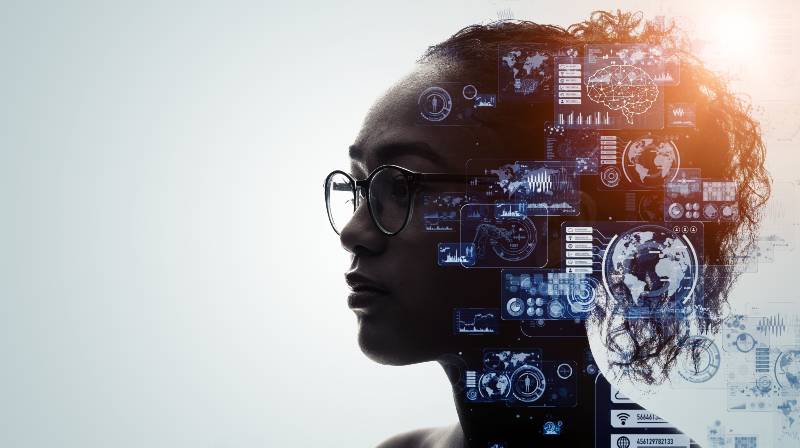Business
Spotify Announces Plan to Replicate Podcasters’ Voices Using AI

OpenAI, the company behind ChatGPT, has developed a new feature for Spotify that uses AI to duplicate podcasters' voices. According to the company, the technology would be used for translation, enabling podcasters to present their programs in languages they do not fluently speak.
According to The Verge, Spotify's foray into the field of artificial intelligence has resulted in the development of a voice translation function that seeks to revolutionize the podcasting industry. With the addition of French and German translations in the near future, this functionality enables podcasters to easily translate their English-language episodes into Spanish. The initial rollout includes episodes from popular podcasters such as Dax Shepard, Lex Fridman, Bill Simmons, and Steven Bartlett, with expansions to include more names like a forthcoming show from Trevor Noah.
Whisper, a speech transcription tool developed by OpenAI, serves as the foundation of this translation capability. Whisper has the capacity to translate between other languages and transcribe English speech. Nevertheless, Spotify's feature goes a step further by recreating the podcast content in a synthesized version of the podcaster's voice in addition to translation, giving users a more authentic listening experience.
The transformational potential of this innovation was stressed by Ziad Sultan, vice president of personalization at Spotify. Sultan said, “By matching the creator’s own voice, Voice Translation gives listeners around the world the power to discover and be inspired by new podcasters in a more authentic way than ever before.” By utilizing the global languages of music and discourse, this innovation has the potential to close the gap between creators and a variety of audiences..
In addition, OpenAI played a crucial role in the voice replication component of this innovation. The business recently announced the release of a program that can create audio that sounds like humans with just text and a short sample of speech. The fact that this technology is purposefully unavailable due to worries about safety and privacy, however, emphasizes the ethical issues involved in the use of such cutting-edge technologies.
The translation technique is currently being tested by Spotify with a restricted number of podcasters. The specifics of the feature's extension, including its availability to more people and when it will happen, have not yet been disclosed.
Up Next:



